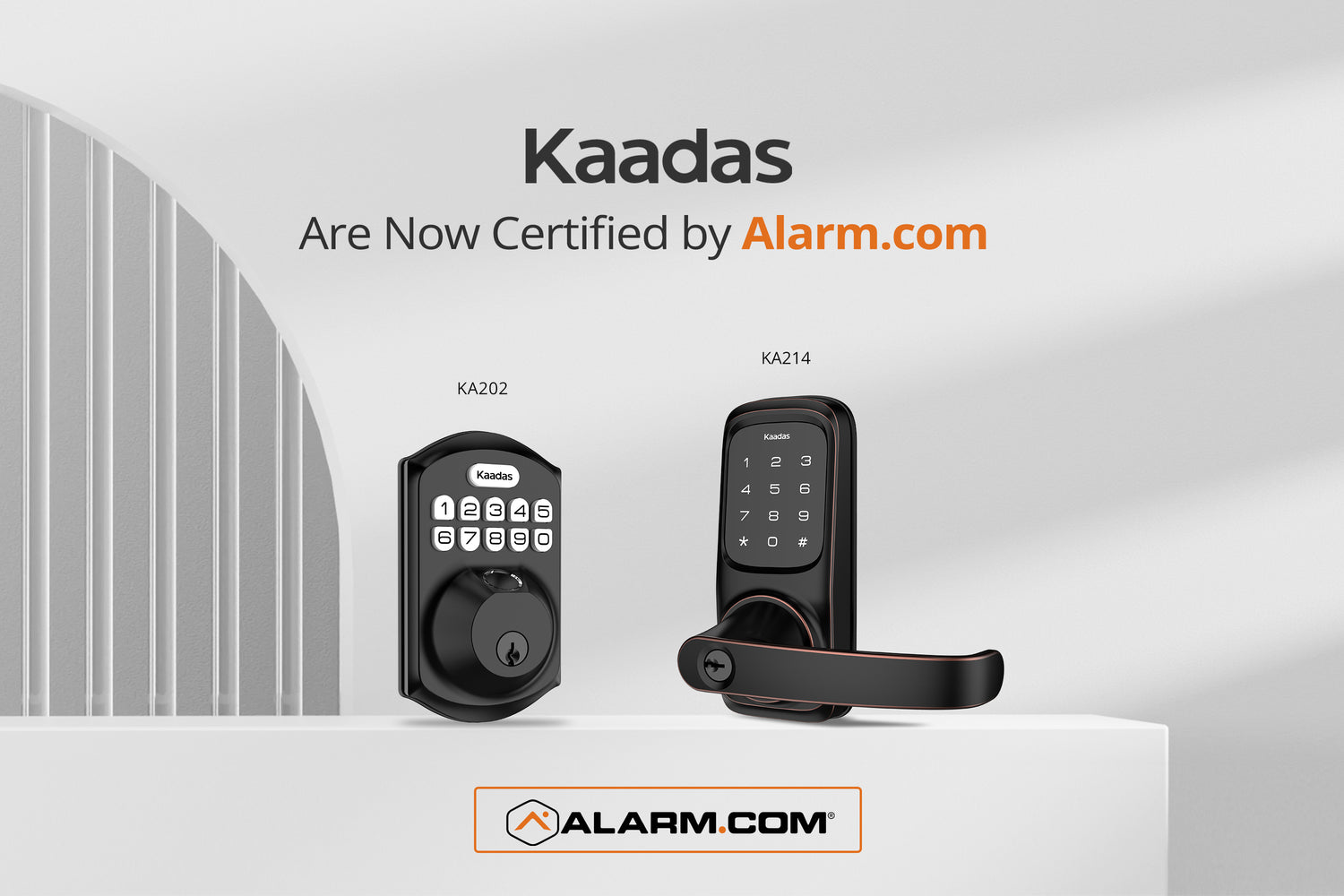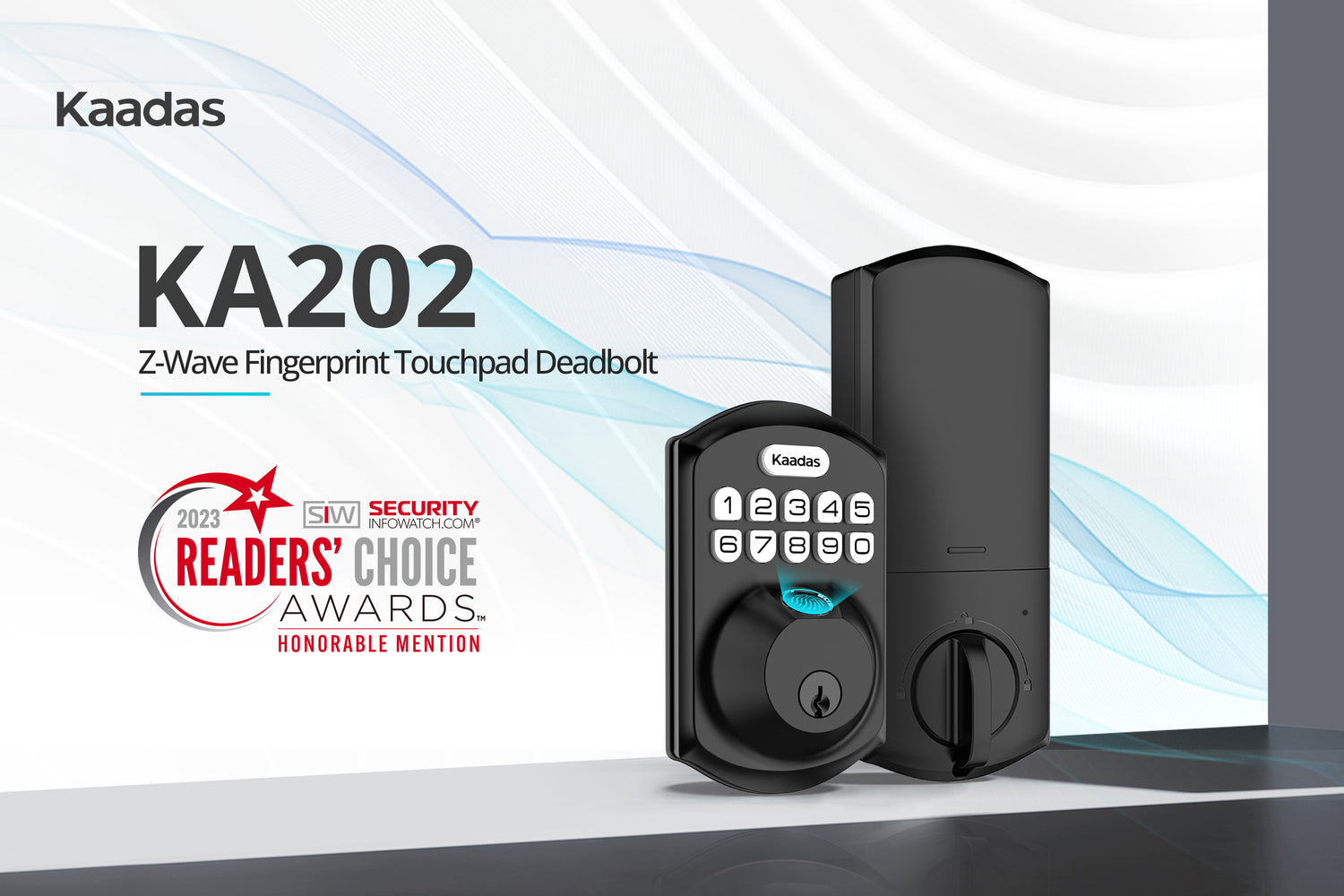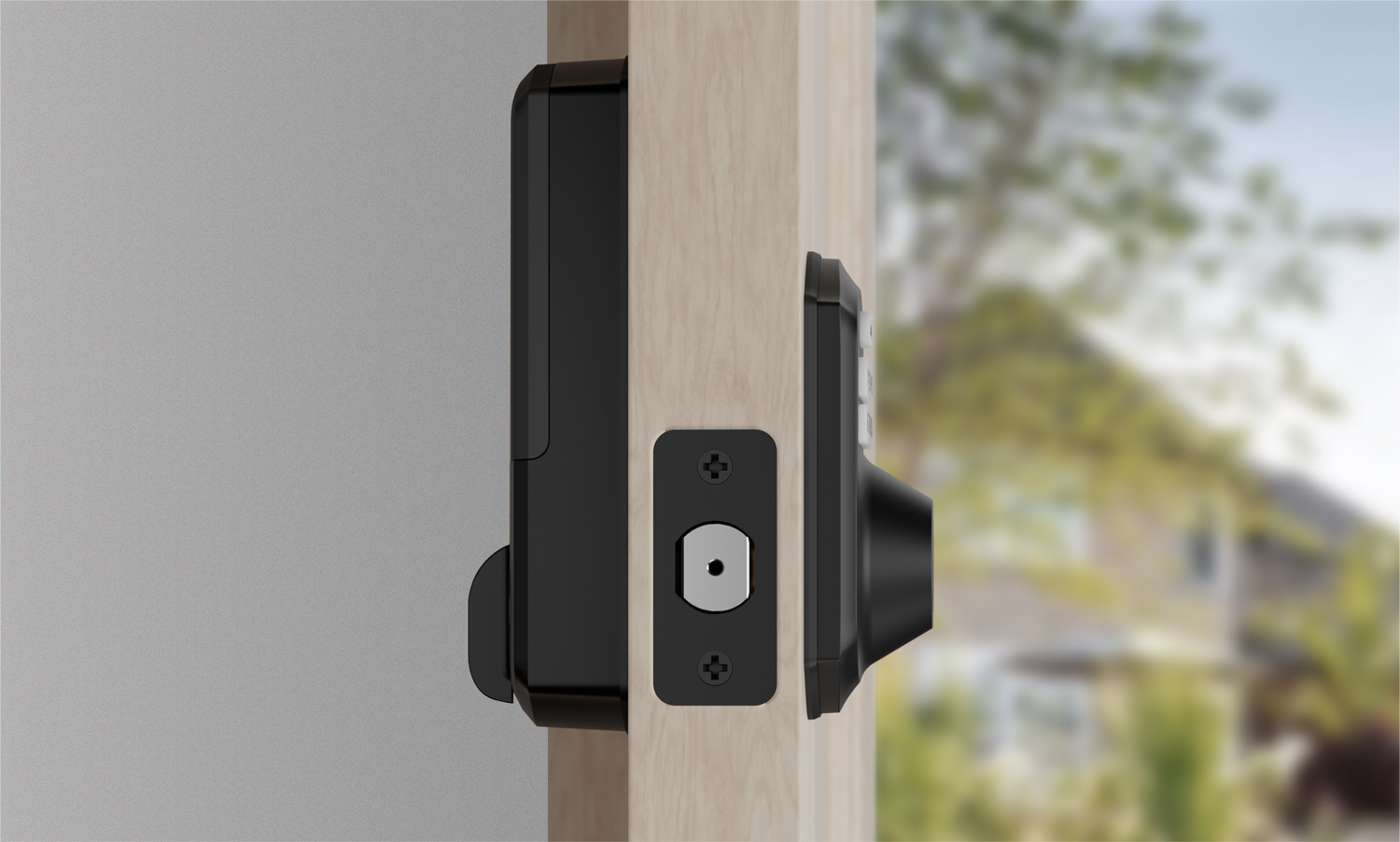In a world that's rapidly embracing smart technology, it's no surprise that even something as fundamental as locking our doors is getting a high-tech makeover. The debate between traditional deadbolts and smart locks has been raging on, leaving homeowners wondering whether they should jump on the smart lock bandwagon or stick with the trusty deadbolt. In this blog post, we'll weigh the pros and cons of both options, helping you make an informed decision for your home.
Smart Locks: A Modern Marvel or a Security Risk?
Smart locks offer a range of convenient features to make your life easier. They can be controlled remotely through a smartphone app, so that you can lock or unlock your door anywhere. This is especially handy if you need to let in a guest or service provider while you're not at home. Some models even integrate with virtual assistants like Alexa or Google Home, allowing for voice control. Smart locks can also provide a digital log of who enters and exits your home, which can be useful for security and peace of mind.
However, the rise of smart technology also raises concerns about potential security risks. While manufacturers strive to make smart locks as secure as possible, they are not immune to hacking and technical glitches. However, most smart locks, and all Kaadas Smart Locks have 128-bit encryptions, which is just as secure as online banking. There’s also the issue of power outages or system failures that might leave you locked out of your home. However, Kaadas Smart Locks are battery operated and have multiple access ways in case you cannot unlock them remotely.
Traditional Deadbolts: Time-Tested and Reliable
On the other hand, traditional deadbolts have been securing homes for decades. They are simple, reliable, and secure if installed and maintained correctly. Traditional deadbolts don't rely on Wi-Fi or power sources, avoiding technical issues that may occur with smart locks. However, traditional deadbolts can be easily tampered with by being "picked" or "bumped." Traditional deadbolts also only have one access way, the mechanical key. If you lost your keys, there would be no other way to enter your home, and a locksmith would need to be called. Smart locks offer better security and multiple access ways to enter your home.
Yet, they lack the remote control features of smart locks, so you won't be able to grant access to someone when you're not at home. If you've ever left your keys behind or needed to give access to a friend or a contractor, you'll know how limiting traditional deadbolts can be in these situations.
The Middle Ground: A Hybrid Approach
For some homeowners, the best solution may be a hybrid approach. This involves using both a traditional deadbolt and a smart lock in tandem. The deadbolt serves as the primary means of securing your home, while the smart lock offers additional flexibility and convenience.
With this approach, you can enjoy the best of both worlds. You have the traditional deadbolt for reliability and security, and the smart lock for those times when you need remote access or want to monitor who enters your home.
Final Point
The decision of whether to get a smart lock for your house or stick with a traditional deadbolt ultimately depends on your individual needs and preferences. Each has its own set of advantages and drawbacks, and there's no one-size-fits-all answer. Smart locks offer convenience but come with potential security risks, while traditional deadbolts are reliable but lack remote control features.
In the end, it's essential to consider your specific circumstances and requirements. Maybe a hybrid approach is the right solution for you, or perhaps you're comfortable with your existing deadbolt. Whichever option you choose, the goal is to ensure your home is safe and secure, providing you with peace of mind.






